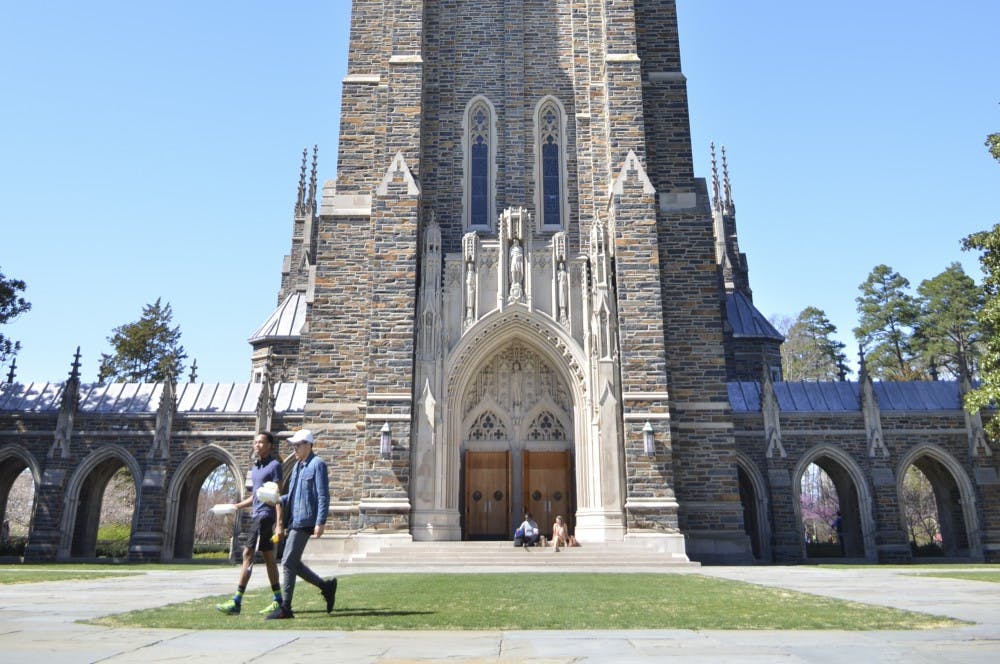As students trickle back to campus from across North Carolina and the U.S., there are still concerns among some students and faculty regarding the possibility of COVID-19 spreading rapidly. This comes particularly with the omicron variant surging in parts of the country.
Colleges across the United States have made adjustments as their spring semesters start in response to rising COVID-19 cases, including Duke University, Yale University, Georgetown University, UNC-Charlotte and more. Some of these measures include delaying the start of the semester, switching to virtual instruction, cutting the length of spring break or requiring students to get booster shots.
However, notably absent from this list is UNC-Chapel Hill — which has decided to start the spring semester without delay or a shift to online learning.
The desire to start the spring semester under mostly the same conditions as the previous fall is understandable — especially since many students aren't interested in more of our college experience being taken away by the pandemic.
On the flip side, the concern about rising case numbers is warranted, especially from those who are immunocompromised or those with friends and family members who are immunocompromised. It also doesn’t help public confidence that UNC epidemiologists project nearly 850 to 1,650 cases per day as students return to campus, with cases peaking 14 to 25 days after the semester starts.
And despite the lack of a school-wide mandate on virtual classes, many departments and individual professors have already decided to conduct their classes online for the first few weeks of school, including the Gillings School of Global Public Health, which has decided to move online for the first three weeks of the semester.
Should UNC have taken a similar approach to what the likes of Duke and Yale have done and postpone the start of the semester? Or even completely move instruction online for the first few weeks?
This is a difficult question to answer, especially since similar fears about massive outbreaks on campus didn’t materialize last fall. With 94 percent of students and 90 percent of all University employees vaccinated, the risk of more deadly COVID-19 variants rapidly spreading across campus is massively reduced compared to fall 2020.
However, making the first week of instruction virtual would have allowed students to get a COVID-19 test and receive their results before returning to campus. With more and more people needing to get a test, many students have a difficult time getting one, especially as wait times have increased at free test clinics. Appointments can be fully booked days in advance.




